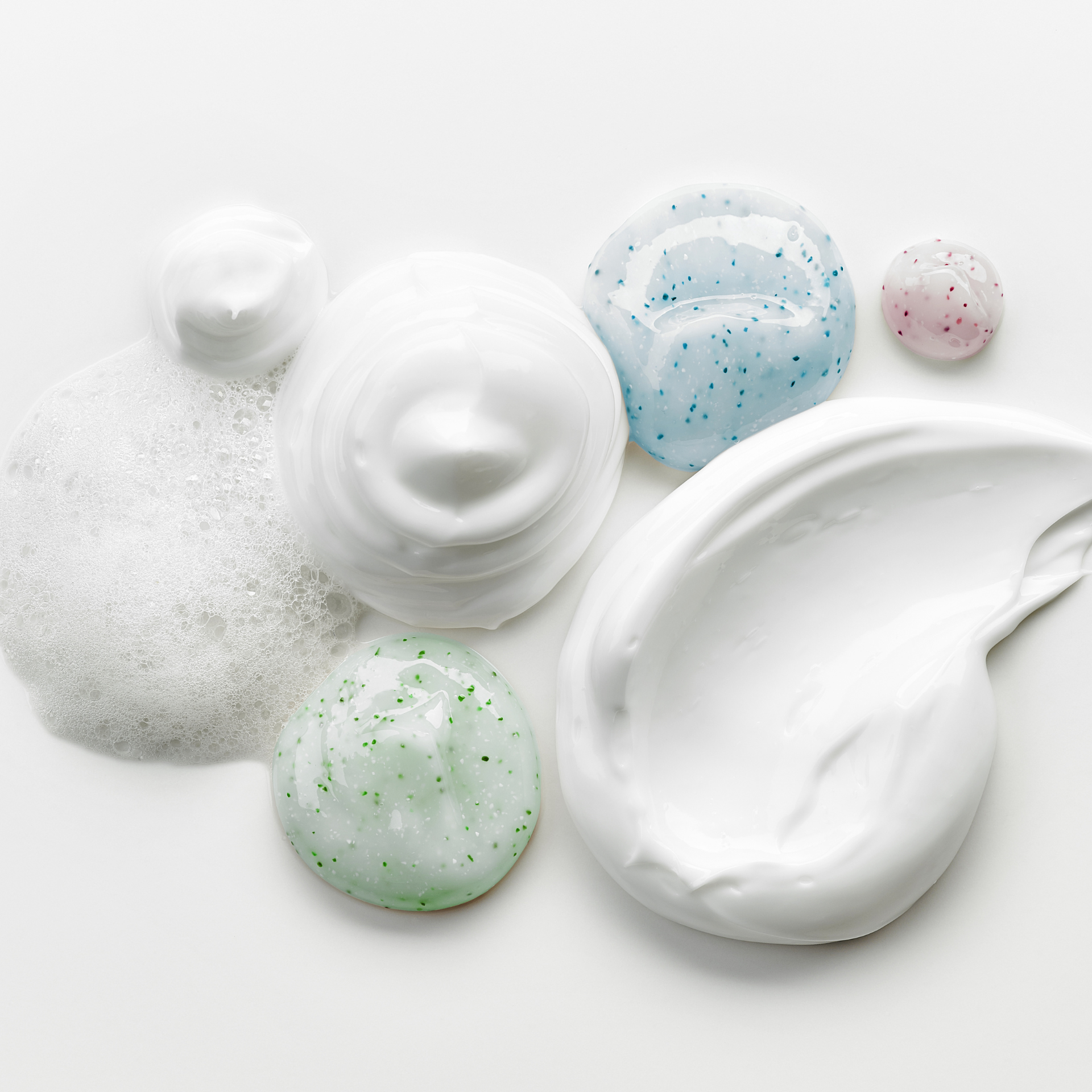Blog
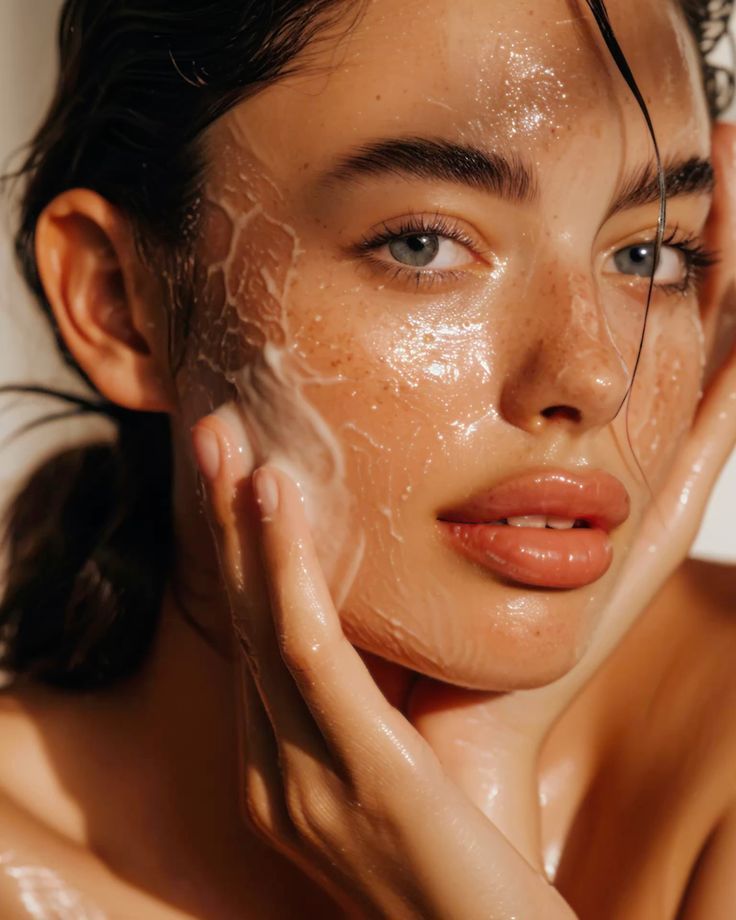
March 1, 2025
The Biggest Skincare Trends in 2025: What’s Next for the Beauty Industry? The skincare industry is constantly evolving, and 2025 is no exception. From cutting-edge technology to sustainable formulations, brands are embracing innovation to meet consumer demands. Whether you’re a skincare brand looking to stay ahead of the curve or a beauty enthusiast eager to try the latest trends, this guide covers everything you need to know about the biggest skincare movements of the year. 1. AI-Powered Personalized Skincare Artificial intelligence (AI) is revolutionizing skincare by offering highly personalized product recommendations based on skin type, concerns, and environmental factors. Consumers can now receive custom formulations and real-time skincare analysis through AI-driven apps and devices. Key Trends: Smart Skin Scanners – Apps that analyze skin conditions and recommend tailored products. Customized Formulations – AI-driven skincare brands offering bespoke serums and creams. Real-Time Skin Monitoring – Devices that track hydration levels, elasticity, and UV exposure. Source: Vogue - AI in Skincare 2. Sustainable and Waterless Beauty Sustainability continues to be a priority, with brands reducing water consumption and focusing on eco-friendly packaging. Waterless skincare products, such as powders, bars, and concentrated formulas, are gaining popularity due to their lower environmental impact. Key Trends: Solid Skincare Bars – Cleansers and moisturizers in solid form to reduce plastic waste. Powder-to-Liquid Products – Activated with water for a fresh application every time. Sustainable Packaging – Refillable, biodegradable, or compostable containers. Source: Allure - Sustainable Beauty Trends 3. Microbiome-Friendly Skincare The skin’s microbiome plays a crucial role in maintaining healthy, balanced skin. Probiotic and prebiotic-infused skincare products are becoming mainstream, helping to strengthen the skin barrier and protect against environmental stressors. Key Trends: Probiotic Creams – Formulations containing live bacteria to support skin health. Prebiotic Serums – Nourishing ingredients that feed good bacteria on the skin. Barrier-Strengthening Formulas – Products designed to repair and protect the skin’s microbiome. Source: Byrdie - Microbiome Skincare 4. Skin Cycling and Simplified Routines Consumers are shifting towards minimalist skincare routines with a focus on quality over quantity. The "skin cycling" trend—alternating active ingredients on different days—helps optimize results while reducing irritation. Key Trends: Four-Day Skin Cycling Routines – Exfoliation, retinoids, hydration, and recovery. Multipurpose Products – All-in-one serums, balms, and moisturizers. Ingredient Transparency – Clear labeling and simplified formulations. Source: Harper’s Bazaar - Skin Cycling 5. Advanced Anti-Aging and Longevity Skincare With advancements in dermatology, skincare products are incorporating medical-grade ingredients to slow down aging and promote skin longevity. Peptides, growth factors, and DNA-repairing enzymes are making waves in the industry. Key Trends: Peptide-Infused Skincare – Boosts collagen production for firmer skin.* Stem Cell Technology – Harnessing plant-derived stem cells for regeneration.* DNA Repair Enzymes – Products that target oxidative stress and UV damage.* Source: Glamour - Anti-Aging Skincare Trends FAQs: Skincare Trends and Manufacturing Q1: What are the key ingredients to look for in effective skincare products? A: Retinol, peptides, hyaluronic acid, niacinamide, and vitamin C are among the most effective ingredients for anti-aging, hydration, and skin protection. Q2: How can brands make their skincare lines more sustainable? A: Using waterless formulations, recyclable or refillable packaging, and ethically sourced ingredients can help brands reduce their environmental impact. Q3: What is the biggest packaging trend in skincare for 2025? A: Eco-friendly packaging, including compostable containers, refill stations, and minimal-waste solutions, is becoming the industry standard. Q4: How can a brand stand out in the competitive skincare market? A: Offering innovative, science-backed formulas, emphasizing sustainability, and focusing on personalized skincare experiences can help brands differentiate themselves. Final Thoughts The skincare industry is advancing rapidly, integrating technology, sustainability, and cutting-edge science to deliver better results. As a manufacturer, staying ahead of these trends can help create groundbreaking products that meet evolving consumer demands. Whether it’s AI-driven customization, microbiome-friendly formulas, or waterless beauty, the future of skincare is more innovative than ever.
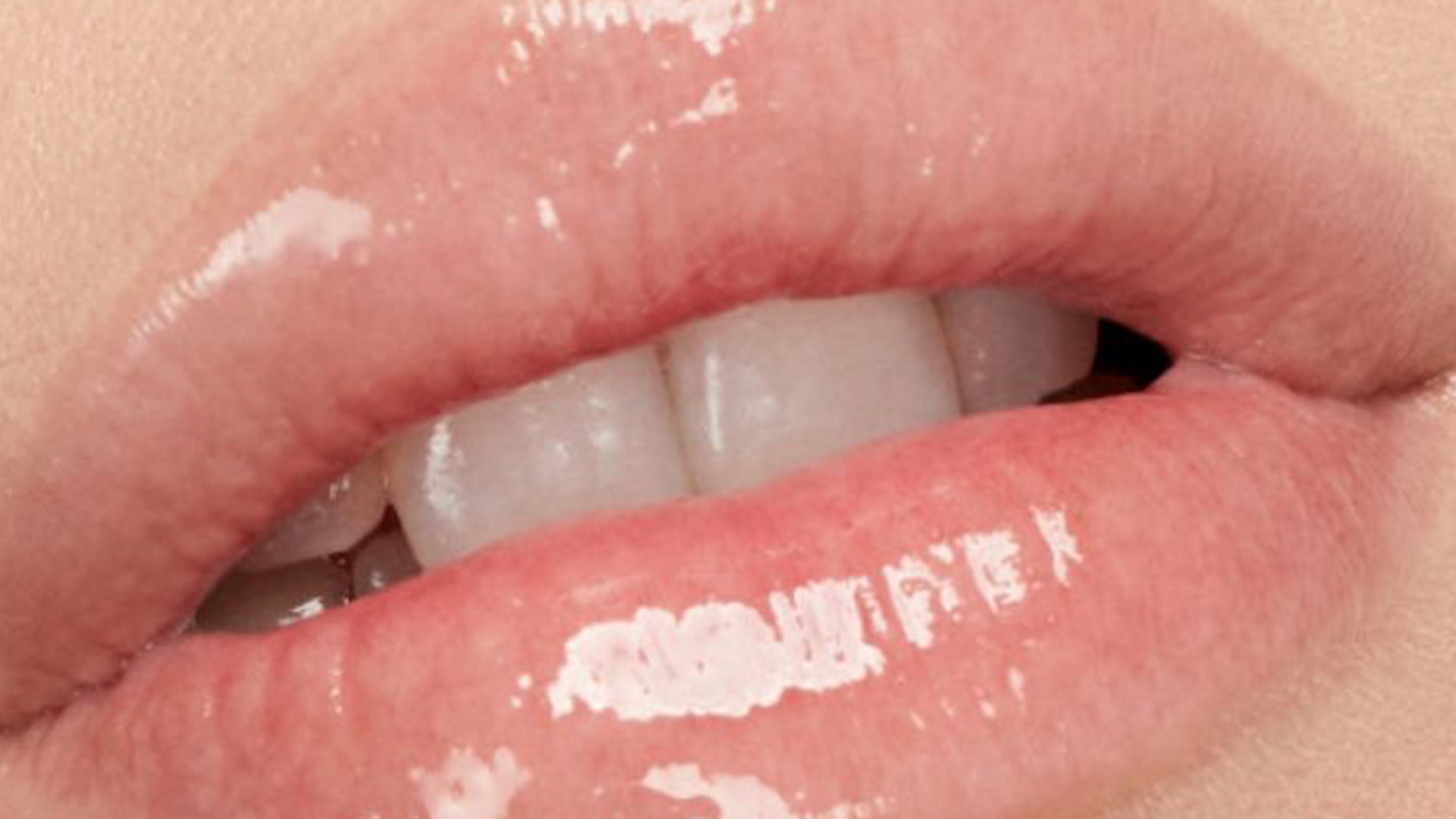
March 1, 2025
The Hottest Lip Gloss Trends in 2025: What’s Next for the Beauty Industry? Lip gloss is making a massive comeback, and the beauty industry is buzzing with innovative formulas, sustainable packaging, and bold new shades. Whether you're a brand looking to launch a new lip gloss line or a beauty enthusiast eager to stay ahead of the trends, this guide covers everything you need to know about the latest lip gloss innovations in 2025. 1. Clean Beauty and Sustainable Ingredients Consumers are demanding transparency in beauty products, and the lip gloss market is no exception. Clean beauty formulas that are vegan, cruelty-free, and free from parabens, sulfates, and synthetic fragrances are in high demand. Brands are also incorporating plant-based ingredients like shea butter, coconut oil, and hyaluronic acid for hydration and nourishment. Key Trends: Natural and Organic Formulas – Expect to see more lip glosses infused with botanical extracts and organic oils. Minimal Ingredient Lists – Consumers prefer fewer chemicals and more recognizable, natural components. Eco-Friendly Packaging – Biodegradable, refillable, and recyclable packaging is a major selling point. Source: Harper’s Bazaar - Clean Beauty Trends 2. High-Shine & Glossy Finishes with Long-Lasting Wear High-shine lip glosses are making waves, but with a twist—formulations that last longer and resist smudging. Traditional sticky glosses are being replaced by lightweight, non-tacky textures that provide ultra-glossy finishes without discomfort. Key Trends: Vinyl Shine – Ultra-glossy finishes that mimic the look of liquid vinyl. Glass-Like Gloss – Reflective glosses that enhance natural lip color with multidimensional shine. Long-Wear Technology – Smudge-resistant formulas that stay put without frequent reapplication. Source: Allure - Lip Gloss Innovations 3. Hybrid Lip Glosses with Skincare Benefits Lip gloss is no longer just about aesthetics—it’s merging with skincare to provide hydration, nourishment, and protection. Many brands are formulating glosses that double as lip treatments. Key Trends: Hyaluronic Acid Infusions – Glosses that plump and hydrate. SPF Protection – UV-blocking ingredients for sun protection. Antioxidant-Rich Formulas – Infusions of vitamins C and E to protect against environmental stressors. Source: Byrdie - Skincare Infused Makeup 4. Bold Colors and Customizable Shades While classic nude and pink glosses remain staples, vibrant hues are making a strong comeback. Consumers are gravitating toward bold reds, purples, and even unconventional shades like green and blue. Additionally, customizable lip glosses that adapt to the wearer's pH level for a unique shade are gaining popularity. Key Trends: Neon and Pastel Glosses – Eye-catching colors for statement looks. Mood-Enhancing pH Glosses – Personalized shades that adjust based on body chemistry. Dual-Tone and Ombré Effects – Glosses with color shifts and multidimensional finishes. Source: Elle - Trending Lip Colors 5. Lip-Plumping Glosses for a Fuller Look Consumers continue to seek non-invasive ways to achieve fuller lips, and lip-plumping glosses are at the forefront of this demand. These formulas often include peptides, menthol, or capsicum extract to stimulate circulation and temporarily enhance lip volume. Key Trends: Cooling and Tingling Sensations – Ingredients like peppermint oil and ginger extract provide a plumping effect. Collagen-Boosting Formulas – Peptides and collagen-infused glosses promote long-term lip hydration and fullness. Micro-Shimmer Infusions – Fine glitter and pearlescent particles add dimension to the plump effect. Source: Glamour - Lip Plumping Trends FAQs: Lip Gloss Trends and Manufacturing Q1: What are the most important ingredients to look for in a high-quality lip gloss? A: Hydrating ingredients like hyaluronic acid, shea butter, and vitamin E are essential for nourishment, while natural oils (such as coconut and jojoba) help maintain moisture and shine. Q2: What is the biggest packaging trend for lip gloss in 2025? A: Sustainable packaging is a top priority. Brands are adopting refillable tubes, biodegradable applicators, and glass containers instead of plastic. Q3: How can a brand stand out in the competitive lip gloss market? A: Offering unique formulas, incorporating skincare benefits, and focusing on sustainable and ethical manufacturing can set a brand apart. Customizable shades and innovative textures are also key differentiators. Final Thoughts The lip gloss industry is evolving rapidly, blending beauty with skincare and sustainability. As a manufacturer, staying ahead of these trends can help your brand create innovative, in-demand products that resonate with modern consumers. Whether it’s clean beauty, bold colors, or high-tech formulas, the future of lip gloss is shining bright!
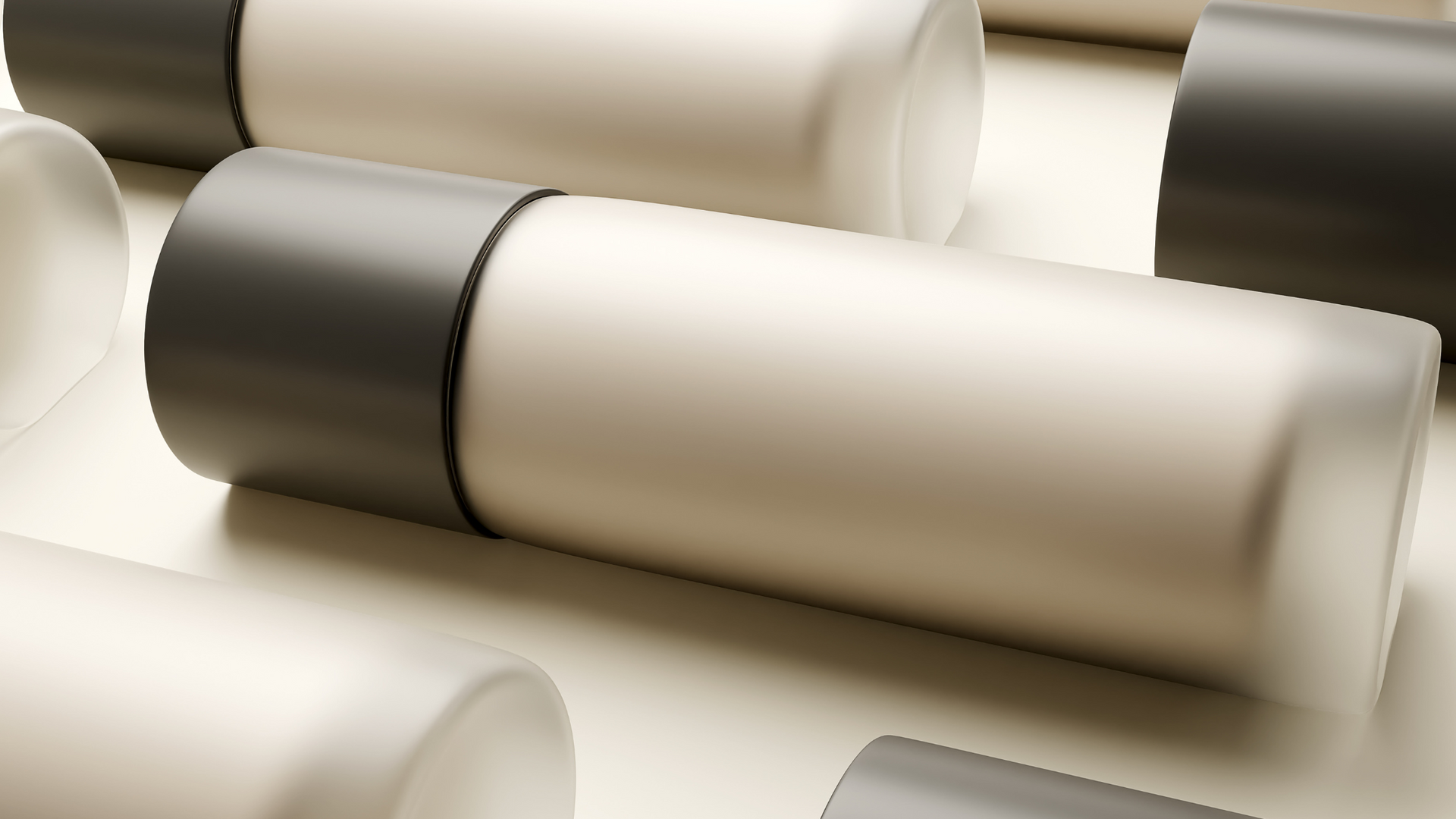
February 3, 2025
What Is Cosmetic Packaging Design? Cosmetic packaging design refers to the process of creating containers, labels, and external presentations for beauty and personal care products. This includes everything from bottles and jars to boxes and tubes. The design is crucial as it not only protects the product but also communicates the brand's identity and appeals to consumers. Why Is Cosmetic Packaging Important? The packaging of cosmetic products serves multiple purposes: Protection: Ensures the product remains uncontaminated and maintains its integrity during transportation and storage. Branding: Acts as a key marketing tool, helping brands differentiate themselves in a crowded market. Compliance: Meets regulatory standards required for safety and labeling. Sustainability: Increasingly important as consumers and brands move towards eco-friendly practices. What Are the Key Elements of Effective Cosmetic Packaging Design? Material Selection: Choices include plastic, glass, metal, and sustainable materials like biodegradable plastics or recycled content. Functionality: Packaging should be user-friendly, with features like easy-to-open caps and precise dispensers. Aesthetic Appeal: Colors, fonts, and graphics that align with the brand's identity and target audience. Regulatory Compliance: Adherence to labeling laws and safety standards. How Does the Manufacturing Process Work? 1. Conceptualization and Design This stage involves brainstorming ideas, sketching prototypes, and using computer-aided design (CAD) software to create 3D models. 2. Material Procurement Sourcing raw materials based on durability, cost, and environmental impact. 3. Prototyping Creating a prototype to test the design's functionality and appeal. 4. Production Using techniques like injection molding, blow molding, and thermoforming to produce the final packaging. 5. Quality Control Ensuring the packaging meets all safety and performance standards. What Are the Trends in Cosmetic Packaging? Sustainability: Demand for recyclable and biodegradable materials. Minimalism: Simple, clean designs that convey sophistication. Smart Packaging: Incorporating QR codes and NFC tags for interactive consumer experiences. Frequently Asked Questions (FAQs) 1. What factors should I consider when choosing cosmetic packaging? Consider the product type, target audience, sustainability, cost, and regulatory compliance. 2. How do sustainability trends impact packaging design? Brands are increasingly opting for recyclable and biodegradable materials to meet consumer demand for eco-friendly products. 3. What is the role of technology in cosmetic packaging? Technology enables smart packaging features like QR codes, enhancing consumer engagement and providing product information. 4. How can packaging influence consumer buying decisions? Attractive, functional packaging can enhance brand perception, encourage impulse purchases, and build customer loyalty. 5. Are there regulations for cosmetic packaging? Yes, packaging must comply with labeling laws, ingredient disclosure requirements, and safety standards.
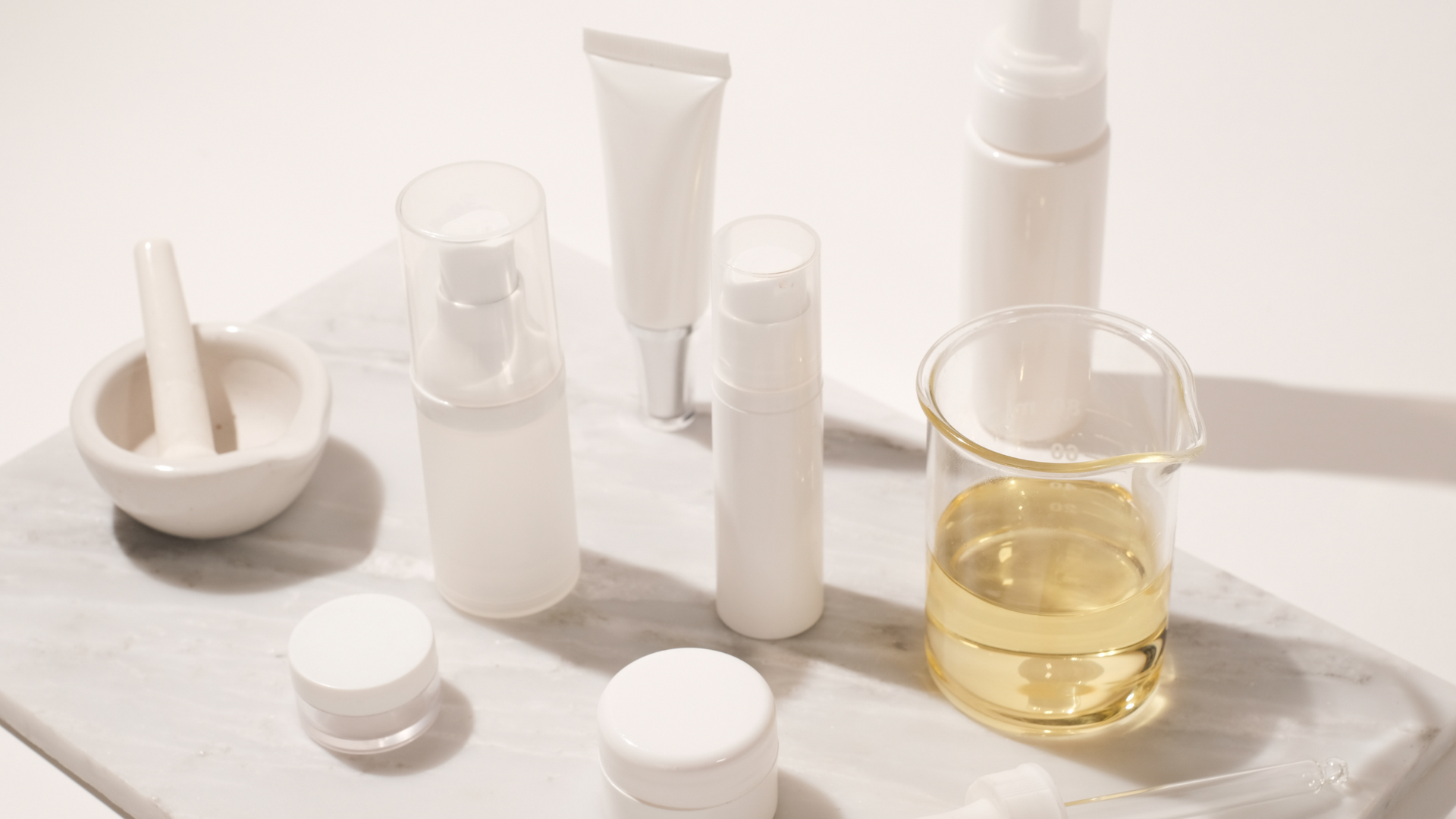
January 17, 2025
Why Should I Choose Private Label or White Label Cosmetics? In recent years, the beauty industry has seen an explosion of new brands entering the market. A large portion of these brands are choosing to partner with manufacturers to produce their products using private label or white label services. But why should a business opt for private label or white label cosmetics? This blog post explores the key differences between these two options, their advantages, and why they might be the perfect fit for your brand. What Are Private Label and White Label Cosmetics? Before diving into why you should choose private label or white label cosmetics, it’s essential to understand the fundamental differences between the two. Private Label Cosmetics Private label cosmetics are products manufactured by a third-party manufacturer but sold under a retailer’s brand. In this model, the retailer has more control over the product’s formulation , packaging, and labeling. Essentially, private label products are exclusive to the brand that owns them. Formulation Control : Brands can create unique formulations, colors, and textures that align with their brand’s image or target market. Branding Flexibility : You can customize your branding and product packaging, giving your cosmetic line a distinctive identity in the market. White Label Cosmetics White label cosmetics, on the other hand, are mass-produced by a manufacturer and sold to multiple retailers under different brand names. These products are typically standardized, meaning there’s less room for customization in terms of formulation or design. However, the main advantage of white label products is the quick time-to-market . Pre-Formulated Products : The product formulations are ready-made, meaning there’s no need to develop something from scratch. Cost-Effective : Due to the mass production and lower customization, white label products are generally less expensive than private label products. What Are the Key Benefits of Private Label and White Label Cosmetics? Choosing between private label and white label cosmetics depends on your business goals, budget, and timeline. Each has its own set of advantages. Let’s break them down: 1. Faster Time to Market (White Label) One of the most significant advantages of white label cosmetics is the speed at which you can launch your products. Since the formulations are already developed, you can start selling almost immediately. There is no need for time-consuming R&D, and the product is ready to be branded with your logo and packaging. Industry Insight : According to a 2019 study by Statista , 83% of consumers want new beauty products that solve their problems, and white label options allow businesses to rapidly meet this demand without extensive delays. This makes white label an excellent choice for entrepreneurs looking to quickly test the market or businesses that need to scale fast. 2. Customization and Exclusivity (Private Label) With private label cosmetics , you have more control over the product’s formulation and branding. This allows you to create a unique line of cosmetics that reflect your brand’s values and image. Private label products are not sold by any other brand, so you’re essentially creating an exclusive offering for your customers. Customer Loyalty : Offering exclusive products through private labeling can foster brand loyalty because consumers are buying something they cannot find anywhere else. Higher Profit Margins : Since private label products are tailored to your brand, you can price them higher, leading to better margins. Customization also allows you to differentiate your products from competitors, offering more value to your audience. 3. Lower Investment (White Label) White label cosmetics tend to be more cost-effective compared to private label cosmetics. Since the products are pre-made and the manufacturer already has the necessary resources in place, there are no upfront costs for custom formulations, which can be expensive. Lower Risk : For startups or small businesses with a limited budget, white labeling offers an affordable way to enter the market without significant initial investment. Industry Insight : According to Nielsen’s Global Survey of New Product Innovation (2019) , price is one of the top three reasons why consumers choose one product over another. With white label, businesses can offer competitive prices and stay in line with market trends. 4. Quality Assurance and Regulatory Compliance Whether you opt for private or white label cosmetics, reputable manufacturers follow strict guidelines to ensure that the products are safe and meet regulatory standards. Third-party manufacturers are required to comply with laws set by health and safety organizations such as the FDA (U.S. Food and Drug Administration). Safety and Testing : Quality control is critical in the cosmetic industry. Many white label manufacturers already have established processes for testing their products, reducing the time and effort you need to spend on compliance. What Should You Consider Before Choosing Private Label or White Label Cosmetics? Choosing between private label and white label cosmetics isn’t always an easy decision. Several factors need to be considered to ensure the right choice for your business. 1. Brand Control and Customization Needs Do you want to create a unique product line, or are you comfortable offering a standardized product under your brand name? If differentiation and customization are crucial to your business, then private label may be the better option. If you are looking for an easier way to enter the market with less emphasis on formulation, white label may work better. 2. Budget and Resources What is your budget? Private label products typically cost more to develop, as you’re paying for the customization and design work. On the other hand, white label products are more affordable and require less investment. 3. Timeline If you have a tight timeline and need to get your products to market quickly, white label products will allow you to start selling sooner. However, if your goal is to build a long-term, unique brand, private labeling offers more creative freedom. Frequently Asked Questions (FAQ) 1. What is the main difference between private label and white label cosmetics? Private label cosmetics are created for a specific retailer and are exclusive to their brand, allowing more customization. White label cosmetics are mass-produced and sold to multiple retailers under different brands, offering less customization. 2. Are white label cosmetics of lower quality than private label? No, the quality of white label cosmetics can be as high as private label products. The key difference lies in the level of customization and exclusivity. 3. Can I add my own branding to white label cosmetics? Yes, white label cosmetics allow you to add your own branding, but the product itself will be the same as the one sold by other brands. The major difference is your branding and packaging. 4. Are private label cosmetics more expensive than white label? Yes, private label cosmetics tend to be more expensive due to the customization of formulations, packaging, and branding. White label options are generally more cost-effective. 5. How long does it take to launch a private label cosmetic line? Launching a private label cosmetic line can take anywhere from 3 to 12 months depending on product formulation, testing, and packaging development. White label cosmetics can be launched much more quickly as the formulations are ready-made. Conclusion Both private label and white label cosmetics offer significant benefits, but the choice depends on your business objectives. If you want more control over your product’s identity and formulation, private labeling is the better choice. However, if you're looking for a cost-effective, quick-to-market solution , white labeling might be the right fit.
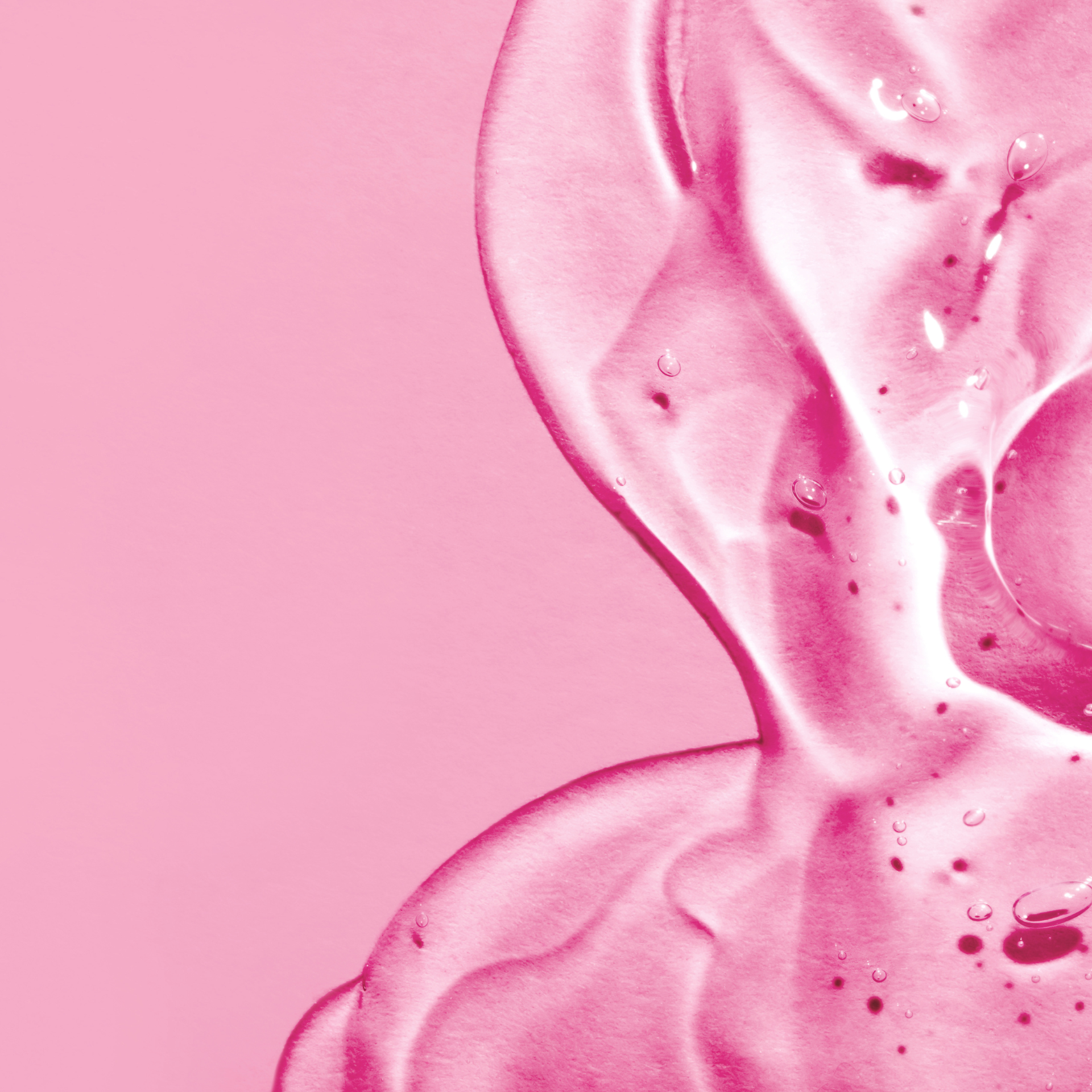
January 17, 2025
Why does working with a cosmetic manufacturer that cares matter? In today’s competitive beauty industry, choosing the right cosmetic manufacturer can be the difference between success and failure for your brand. Whether you’re launching a skincare or haircare line, partnering with a manufacturer that genuinely cares about your vision, your products, and your customers is essential. At AURA, we believe that working with a cosmetic manufacturer that cares matters—here’s why. 1. Commitment to Quality When you work with a manufacturer who truly cares, quality is never compromised. At AURA, we don’t just manufacture products; we create formulations that are designed to meet the highest industry standards. From high-quality ingredients to rigorous quality control processes, we ensure that every product that leaves our facility is consistent and effective. Why does quality matter? Quality directly impacts your brand's reputation. If your customers trust your products to be effective, they’ll return to your brand time and time again. A manufacturer that cares will prioritize quality assurance, from formulation to raw material sourcing and final product packaging. 2. Custom Formulations Tailored to Your Brand Every beauty brand has its own identity and audience. Working with a cosmetic manufacturer that cares means you can get customized formulations designed to meet the specific needs of your brand. Whether you’re launching a vegan skincare line, cruelty free products, or focused on sustainability, AURA offers bespoke formulation services that align with your values and goals. Why is customization important? Consumers are increasingly seeking products that cater to their unique needs, whether it’s a specific skin concern or ethical values. Offering tailored formulations helps your brand stand out in a crowded market and gives your customers a product that’s designed just for them. 3. Ethical Practices In today’s world, ethics isn't just a buzzword—it's a way of doing business that resonates with conscious consumers. 4. Expert Guidance and Consultation A manufacturer that cares isn’t just a vendor—it’s a trusted partner. At AURA, we offer expert consultation services throughout the entire product development process, from initial concept to market launch. We understand that the path to creating a successful cosmetic brand can be complex, which is why we provide our clients with insightful guidance, helping them navigate the industry from formulation trends to branding strategies. Why is expert guidance important? The cosmetic industry is constantly evolving, with new trends, and consumer demands. Having a manufacturer that offers expert guidance ensures that your products are not only innovative but also compliant and on-trend. Whether you need help with product testing, market research, or regulatory compliance, our team of consultants have your back every step of the way. 5. Fast Turnaround Times Time is money, and in the fast-paced beauty industry, getting your products to market quickly can give you a competitive edge. At AURA, we understand the importance of speed without sacrificing quality. Our streamlined manufacturing process and dedicated team ensure fast turnaround times, so you can launch your products as soon as possible. Why does speed matter? Launching a cosmetic product involves many moving parts, and delays can be costly. A manufacturer that cares will understand your timeline and work with you to meet your deadlines, helping you stay ahead of the competition and capitalize on trends before they pass. 6. Transparent Communication and Customer Support Communication is key in any business relationship, and a manufacturer that cares will prioritize transparency and responsiveness. AURA values open communication and provides dedicated account managers who are available to address any questions or concerns. Whether it’s about production timelines, formulation adjustments or logistics, we ensure that you’re always in the loop. Why is communication so important? Clear and timely communication helps prevent misunderstandings, delays, and costly mistakes. When you work with a manufacturer that listens to your needs and responds promptly, you can have peace of mind knowing that your product is in good hands. A manufacturer that truly cares will be proactive, not reactive, in addressing your concerns. 7. Long-Term Partnership and Growth At AURA, we don’t just see ourselves as a one-time service provider—we aim to be your long-term partner in success. We are committed to your brand’s growth and offer scalable solutions that can evolve with your needs. As your business expands, we’ll be there to help you scale your product line, refine your formulations, and keep pace with changing consumer demands. Why does a long-term partnership matter? Building a successful cosmetic brand takes time, and having a manufacturer who understands your vision and long-term goals can help you navigate the ups and downs of the beauty industry. A trusted partner will be there to support you at every stage, whether you’re launching a new product or expanding into new markets. 8. Competitive Pricing Without Compromise Quality doesn’t always have to come with a hefty price tag. AURA believes that working with a manufacturer that cares should also be cost-effective. We offer competitive pricing without compromising on the quality of our products or services. By focusing on efficiency and building strong relationships with our clients, we ensure that you get the best value for your investment. Why does pricing matter? While quality is essential, affordable pricing is also critical for the success of your brand. Whether you’re a startup or an established business, working with a manufacturer who provides cost-effective solutions can help you maintain healthy margins and grow your brand without breaking the bank. Conclusion: Choose a Manufacturer That Cares, Choose AURA Working with a cosmetic manufacturer that truly cares about your brand, your products, and your customers is more important than ever. At AURA, we are committed to providing exceptional service, high-quality products, and personalized solutions that help your brand thrive. Whether you’re looking to launch a new line or scale an existing one, we’re here to help every step of the way. Ready to bring your cosmetic brand to life? Contact us today for a free consultation and see how we can help turn your vision into reality!
All Rights Reserved | AURA Consulting & Manufacturing LLC
© 2025
We use cookies to ensure that we give you the best experience on our website. To learn more, go to the Privacy Page.
×

